 |
 |
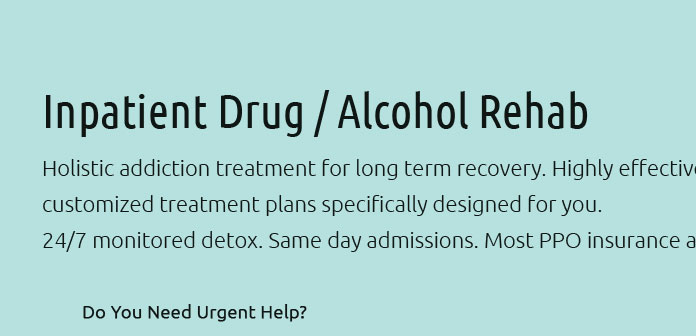 |
 |
 |
 |
||
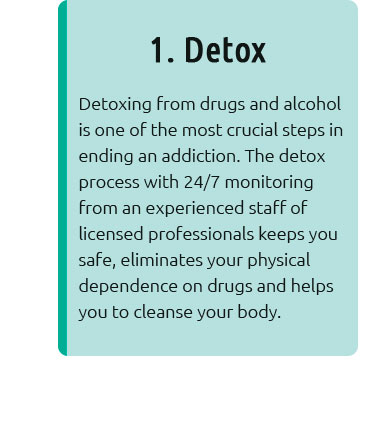 |
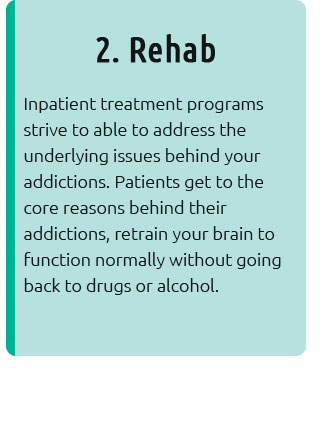 |
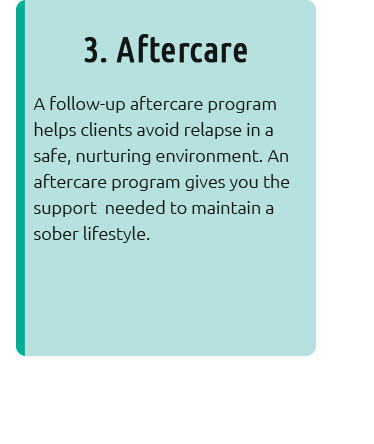 |
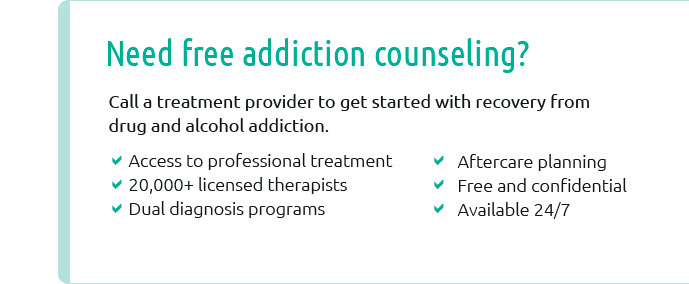 |
 |
 |
 |
||
 |
||
 |
||
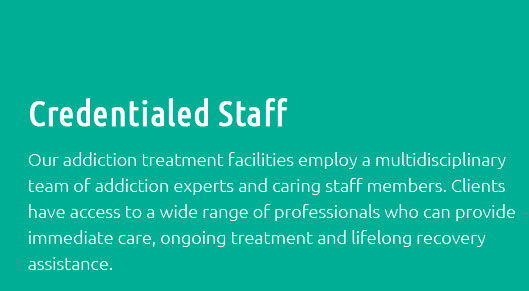 |
 |
 |
|
 |
|
|
Welcome to a transformative journey at our inpatient drug and alcohol rehab, where your path to recovery is not just a possibility-it's a promise; here, our revolutionary alcohol abuse program shatters the mold of conventional treatment, blending cutting-edge therapies with compassionate care, empowering you to break free from the shackles of addiction and embrace a future brimming with hope, resilience, and unyielding strength-because at our facility, you’re not just another patient; you’re part of a community that believes in the power of second chances and the undeniable potential within you.
https://www.samhsa.gov/
The Disaster Distress Helpline (DDH) is the first national hotline dedicated to providing year-round disaster crisis counseling. This toll-free, multilingual, ... https://alcoholtreatment.niaaa.nih.gov/what-to-know/types-of-alcohol-treatment
People often think there are only two places to get help for alcohol problemsAlcoholics Anonymous (AA) or residential rehab. But today there are more ... https://www.mayoclinic.org/diseases-conditions/alcohol-use-disorder/diagnosis-treatment/drc-20369250
Unhealthy alcohol use ranges from mild to severe, including alcoholism and binge drinking, putting health and safety at risk. Early treatment is important.
|